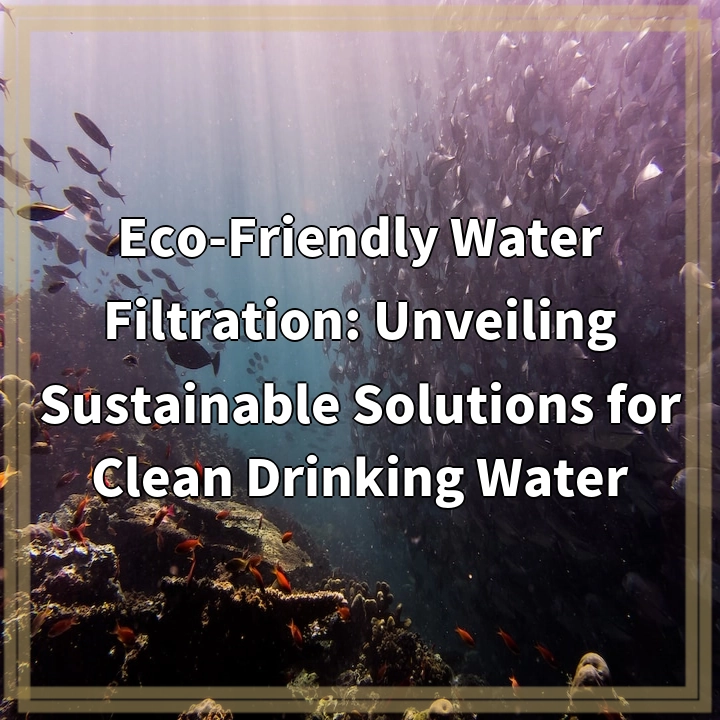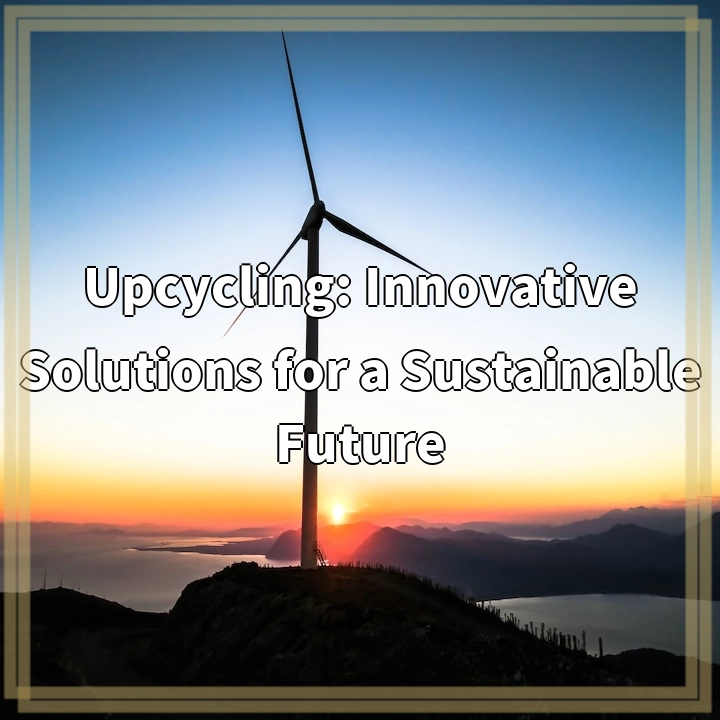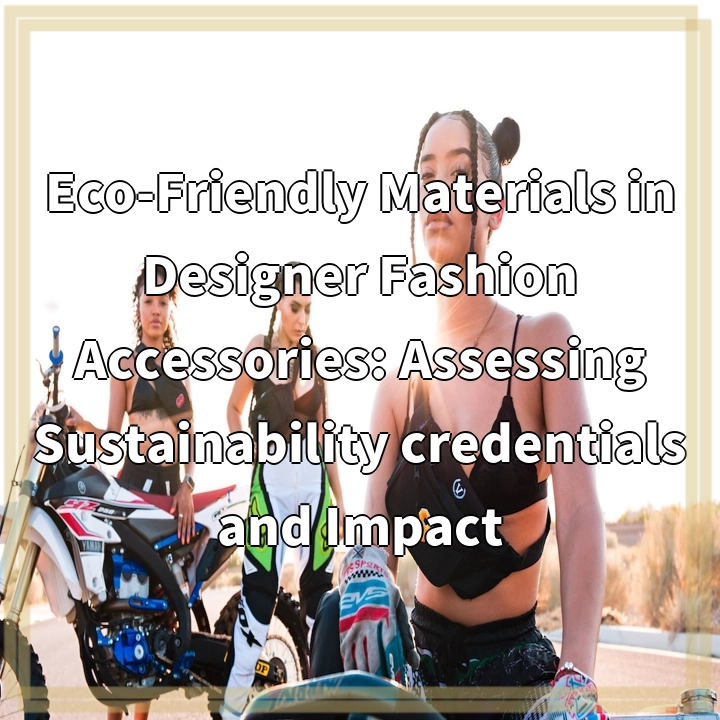
What is Eco-Friendly Water Filtration?
Eco-Friendly Water Filtration refers to the use of sustainable and environmentally conscious technologies to purify water for drinking purposes. Unlike traditional water filtration systems that rely on harmful chemicals and non-renewable resources, eco-friendly filtration methods prioritize reducing carbon footprints and minimizing negative impacts on the environment.
Real-World Problems Associated with Eco-Friendly Water Filtration
Eco-friendly water filtration technologies are undeniably a step in the right direction towards ensuring clean and safe drinking water for all. However, they still face several challenges and limitations that need to be addressed:
1. Limited Access and Affordability
One major obstacle with eco-friendly water filtration is limited access, especially in developing regions and underserved communities. The cost of implementing these technologies can be prohibitive, making it difficult to provide clean drinking water to those who need it most.
2. Scalability
Another challenge lies in scaling up eco-friendly water filtration systems to meet the demands of large populations. While these technologies may work well on a small scale, they may struggle to keep up with the water purification requirements of densely populated areas or during natural disasters and emergencies.
3. Effectiveness and Efficiency
Eco-friendly water filtration technologies often face criticisms regarding their effectiveness and efficiency compared to conventional systems. It is essential to ensure that these systems can effectively remove contaminants, bacteria, viruses, and other harmful substances from the water while maintaining optimal flow rates and durability.
4. Maintenance and Longevity
Regular maintenance and upkeep are crucial for the longevity and proper functioning of eco-friendly water filtration systems. However, in remote areas or regions with limited resources, accessing the necessary parts, tools, and expertise for maintenance can be challenging, resulting in the systems falling into disrepair.
5. Education and Awareness
One of the significant hurdles to overcome is the lack of knowledge and awareness regarding the importance and benefits of eco-friendly water filtration. Educating communities about the significance of sustainable water treatment methods and their role in preserving the environment is important for promoting adoption and long-term success.

Potential Solutions for Eco-Friendly Water Filtration
While there are challenges associated with eco-friendly water filtration, several potential solutions can help overcome these obstacles:
1. Increased Funding and Accessibility
By prioritizing funding and implementing initiatives aimed at providing eco-friendly water filtration technologies to underserved communities and developing regions, access and affordability can be improved. This can include collaborations between governments, NGOs, and private sector entities to ensure equitable distribution.
2. Technological Innovations and Research
Continuous research and development in eco-friendly water filtration can lead to technological advancements. Researchers can focus on improving scalability, efficiency, and effectiveness of these filtration methods, resulting in more reliable and accessible solutions.
3. Integrated Systems and Collaborative Approaches
Implementing integrated water management systems that combine eco-friendly filtration technologies with other sustainable practices like rainwater harvesting and conservation can enhance overall water security. Collaborative approaches involving various stakeholders, including communities, can ensure long-term success and community buy-in.
4. Capacity Building and Maintenance Support
Providing training and education on maintenance and repair of eco-friendly water filtration systems can enhance their longevity and functionality. Investing in local capacity building and ensuring the availability of spare parts and technical assistance can address the maintenance challenges faced by remote areas.
5. Public Awareness and Education Campaigns
Raising public awareness about the importance and benefits of eco-friendly water filtration is crucial. Educating communities about the environmental and health impacts of traditional filtration methods and highlighting the advantages of sustainable alternatives can drive demand and encourage widespread adoption.















